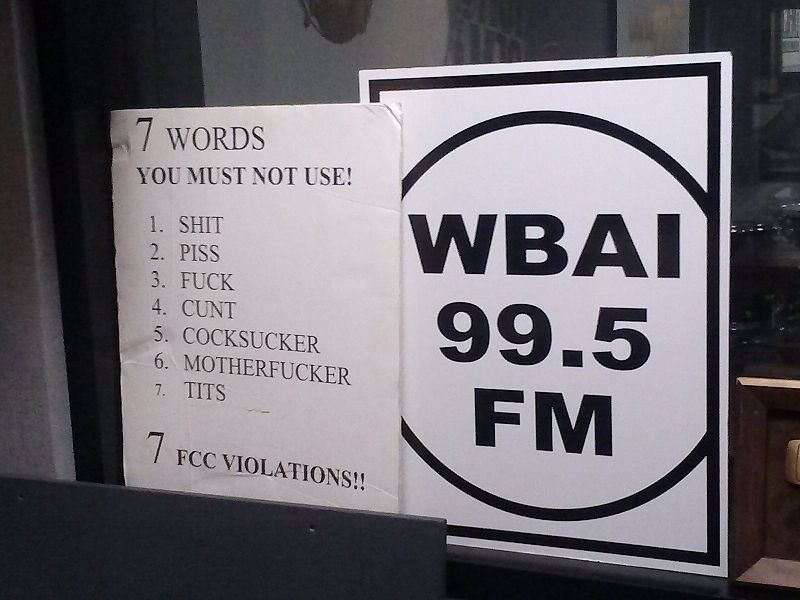I often get asked something like How do you get your songs to match the sermon topic?The more appropriate question for us as worship planners, leaders, and participants should be How do we get our music to work with everything that happens on a given Sunday, not just the sermon? Today I want to help us begin to think about the tone our music sets for a worship gathering both thematically and theologically. Here's a four suggestions:
1) Don't think that every song has to match with the sermon topic: aim for one or two. If your scriptural text or theme for the week deals with healing, you don't want to have 5 songs about healing. That's too on the nose. How much more interesting would it be to use your 4-6 songs (or however many) to shepherd your people through something, and then arrive at the healing character of our God? So what if you sung a lament song (we like When the World is Sick) which has no built in redemption, then paired it with a song about healing? (I have one I wrote called The Great Physician, a recording is forthcoming.) You can identify the sickness and then offer the remedy all in 22-30 minutes of music.
We will address this in detail in the future, but try and think about the gathering as a whole. Where is music placed in it? How can you help move people's thoughts, emotions, and attention from where they are at the beginning (drinking coffee, chatting, milling around) to where your gathering is thematically concentrating that Sunday? I would argue that you only need one or two of your songs to be 'on topic' with the sermon or theme of the day. The others can help complement and transition to that theme.
2) Know your songs! As leaders we need to know what our songs say. If you're using mainstream Praise & Worship songs, there's a good chance your songs don't say much besides 'God you're awesome' and 'I love you God/Jesus'. If you have a rich catalog of other songs and hymns, however, you might be surprised how rich and wide their content is spread. For example My Father's World can be great for Sundays themed around creation, the beauty of nature, stewardship of what we've been given, or the don't-freak-out-God's-in-control sovereignty sentiment.
The better you know the content of your songs the more effective they'll be in helping worship be cohesive and transformative. Too often our worship leaders just pick songs at random regardless of what's going on with the rest of the gathering. Let's call our song selectors to something better than what they feel like playing that Sunday (I'm looking at myself here too).
3) Plan ahead! That said, it helps when all involved in a worship gathering are on the same page. I think both of my churches provide a good worship experience, but I can't tell you how often I ask one of my esteemed pastoral co-workers What are you preaching on on Sunday? Only to get a vague I don't know.... maybe... I'll know more on Saturday night.. Its hard (but not impossible) to provide a cohesive worship narrative when you're picking songs blindly.
I worked at a church in Champaign, IL, and while it had its issues, the pastoral and leadership staff were planning worship gatherings 6 weeks out. That helped for a lot of reasons. Most importantly, we had several weeks to put songs together, seek them out, get music 'on topic' with a clear direction.
Churches that follow the lectionary and lean heavily on the Church Calendar have an easier framework for assembling the moving liturgical parts, but with any given text a preacher can still focus on one of a hundred things.
So if you're a preaching pastor, plan ahead with your musicians!
4) Come up with something new (to your people). Sometimes you just gotta do the hard work of coming up with something new! Or at least new to your people.
I am obviously not a proponent of covering other people's praise & worship songs verbatim. If you know that there's an upcoming liturgy or gathering that is going to focus on something your catalog doesn't have a lot to offer, try one of these two things: a) Write a new song. If you're stuck on writing lyrics (which takes a lot of time for me to do well) go to an online hymnal (here, here, here are some decent examples). Search for themes (ex: servant, healing, peace, grace... etc), find one with lyrics over 100 years old, and set it to music! It might take hours to do, but you will have it in your pocket for the future.
b) Find someone else's song. Again, I never advocate covering other praise & worship songs. Find something interesting. Make someone else's song your own. A couple of examples of songs like this that I have given in the past are Jesus Gunna Be Here by Tom Waits and Holy Ghost by Low. Become a curator rather than a cover band.
I look forward to hearing what you are coming up with! Please join the discussion in the comments below or on Twitter.
Next week we'll continue looking at our song selections by approaching a normal week's songs and how you often you might use the songs from your catalog.
This is part of a series called Sunday Noise which is aimed at helping pastors, lay leaders, music directors, and worship leaders begin to think critically and creatively about the music in their worship gatherings.











 In February I was invited to speak to a bunch of young United Methodist pastors in Vegas.
They made the mistake of flying out my
In February I was invited to speak to a bunch of young United Methodist pastors in Vegas.
They made the mistake of flying out my 
